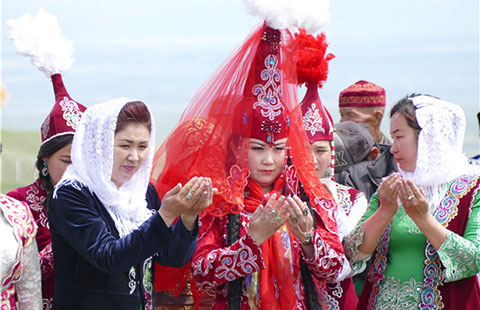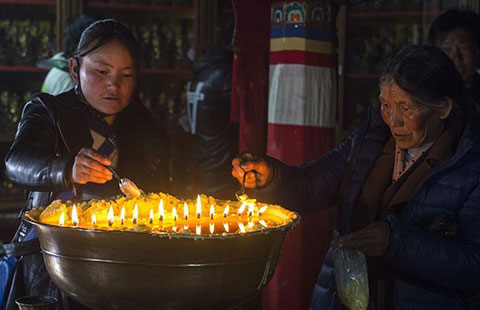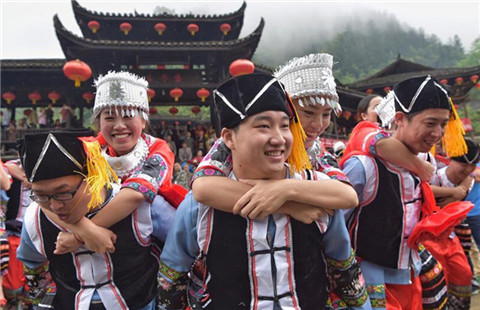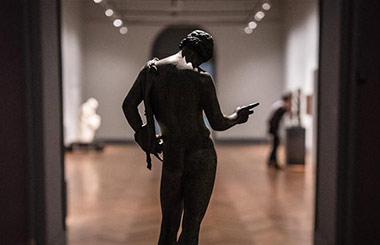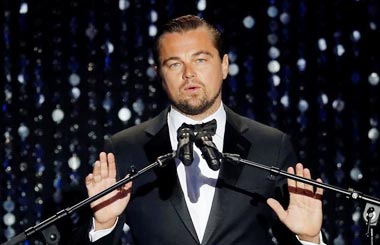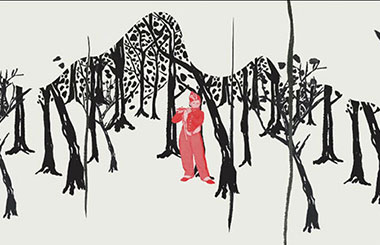Chinese musician fascinates world with experimental-classical crossover
( English.news.cn ) Updated: 2012-11-09 13:50:48He tossed his head with half-closed eyes, waved the baton high in the air, then paused in the aftersounds of a symphony for five seconds, like a statue.
A storm of applause came, with people standing up clapping and shouting "bravo." He turned around to the audience, bowing with smile, as if he was just coming out from a dream back to reality.
For Tan Dun, one of the most iconic contemporary Chinese composers, music is always the best tool to exploit the common spirits of human beings. He enjoys telling stories with Chinese notes mingling with experimental and classical genres.
This time, he fascinated a Russian audience with mixture of ancient Chinese philosophy, skillful performance and avant-garde expression.
The Chinese musician, who recently received a top musical award named after Russian musician Dmitri Shostakovich in Moscow, told Xinhua he was "honored and so touched" to get the prize in Russia, "the hometown of music."
Recalling his early music life, Tan said he has been familiar with the works of Shostakovich since a young age and holds the Russian musician in high regard.
Calling music "an universal language," Tan said it was also a bridge connecting Chinese and Russian people.
"There is no territory in the world of music. On this common platform, we could connect past with future, share ideas and thoughts, dig into inner self and pursue our dreams," Tan said.
The laureate gave a performance in collaboration with the Symphony Orchestra of New Russia that received exuberant feedback.
In his symphony work Death and Fire, Tan seemed to revive his childhood memories in the countryside of the central Chinese province of Hunan, during which he saw Shamans conducting rituals and ceremonies with background music made by organic objects like rocks and water.
Violins, violas were used to imitate bird twittering and Chinese string instruments. Trumpets and euphoniums simulate sounds of thunder crashing and Chinese brass instruments.
For a few seconds, musicians stopped playing and started whispering. Finally they all stood up, shouting and waving their strings and bugles.
The conductor highly praised his Russian partners, saying their understanding of Chinese culture and philosophy was far beyond his imagination.
Years ago, the violin-turned-Erhu composing style brought Tan harsh criticism, with a renowned U.S. newspaper saying he mingled pure wines with beers. Now, the same newspaper calls him "one of the 10 most significant musicians in the world."
The Grammy and Oscar Award winner is widely known for his scores for the movies "Crouching Tiger, Hidden Dragon," and "Hero," the operas Marco Polo and The First Emperor.
Tan said he didn't think about whether the audience could fully understand him.
"If ancient philosophers like Confucius, Chuang Tzu and Lao Tzu wondered whether common people could understand them when they elucidated their thoughts, they would never become such great minds," Tan said.
Chinese artists should adopt the "vision and verve" to communicate with heaven and earth, Tan added.
The musician believes there was no such clear boundary between classical or experimental music.
"It is when we need to explore our spirits and unusual feelings that we classify them as experiments."
The spirit of experiment and innovation should be encouraged to revitalize Chinese tradition, he said.
"The future of the world is hatched in the laboratory. From Isaac Newton to Albert Einstein, from Tan Dun to Franz Haydn, innovation has been an eternal spirit for us."
The internet symphony Eroica, first written by Tan and practiced by thousands of musicians around the world online, was another shot of musical innovation.
The idea of launching the education program came to Tan a few years ago when he realized there were more young people on the "invisible silk road" of the Internet who could become the best envoys and carriers to preserve traditional orchestral culture.
As for his cultural identity, Tan was proud of being a "real Chinese" with all musical seeds budding from the roots of Chinese culture.
At the same time, he was confident to be a world citizen, telling stories of common spirits with Chinese notes.
He endeavored to bridge the gap between West and East, thus paving the way for cultural dialogue in the world, said the 57-year-old Tan.
In his ideas, it was not "more national, more international" but "more international, more national." Chinese music should carry "universal expression" of human souls so as to be recognized by the whole world, Tan said.
|
|
|
|
|
|
|
|

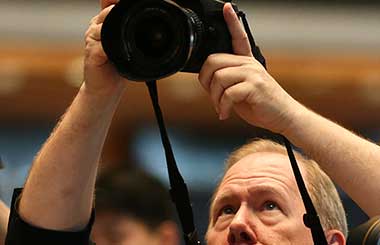
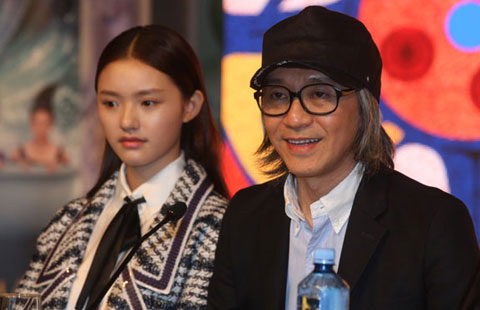
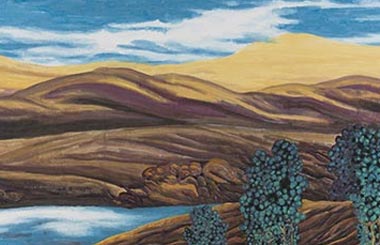
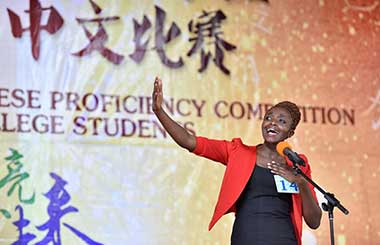

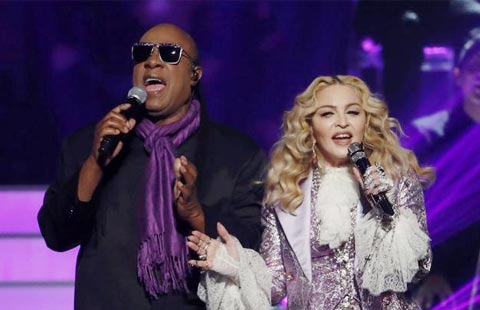
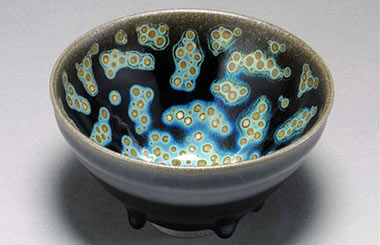
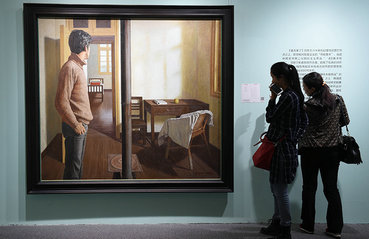

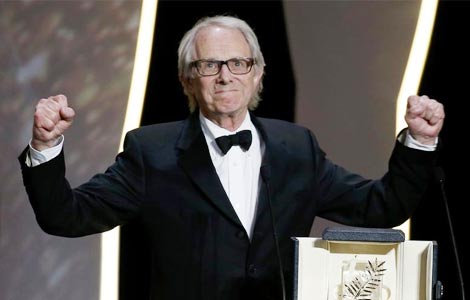


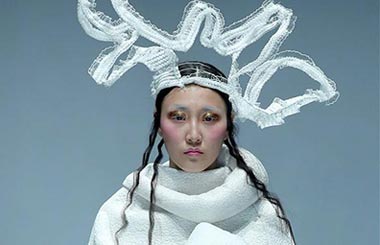



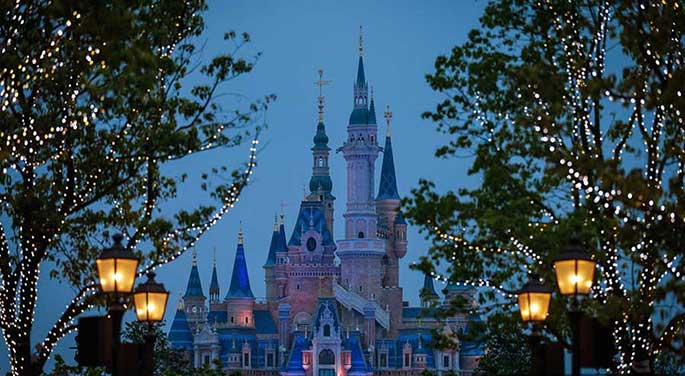


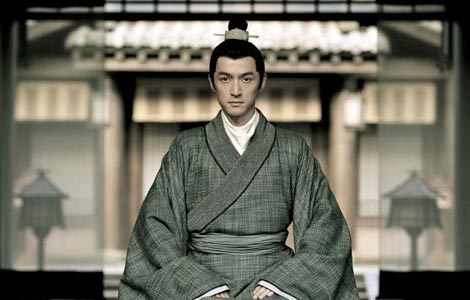
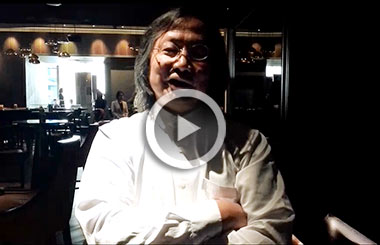
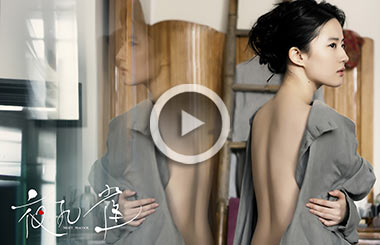
 Raymond Zhou:
Raymond Zhou: Pauline D Loh:
Pauline D Loh: Hot Pot
Hot Pot Eco China
Eco China China Dream
China Dream China Face
China Face
